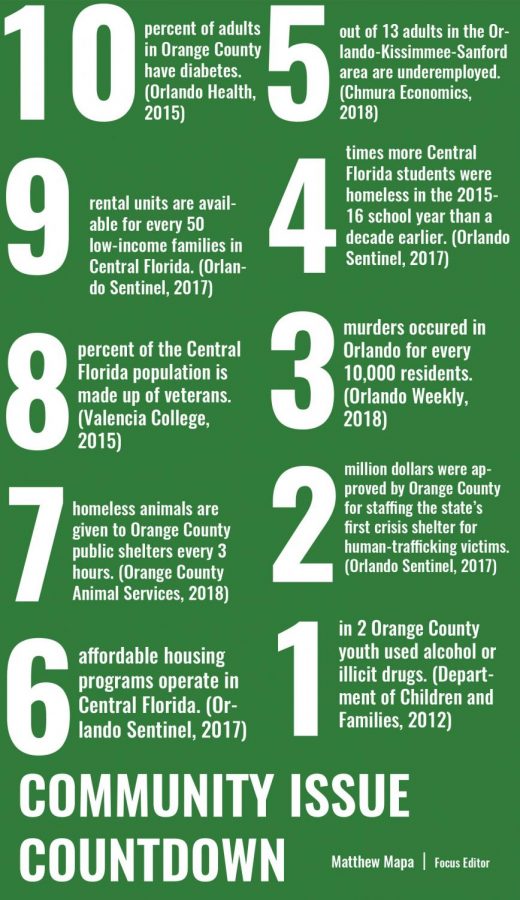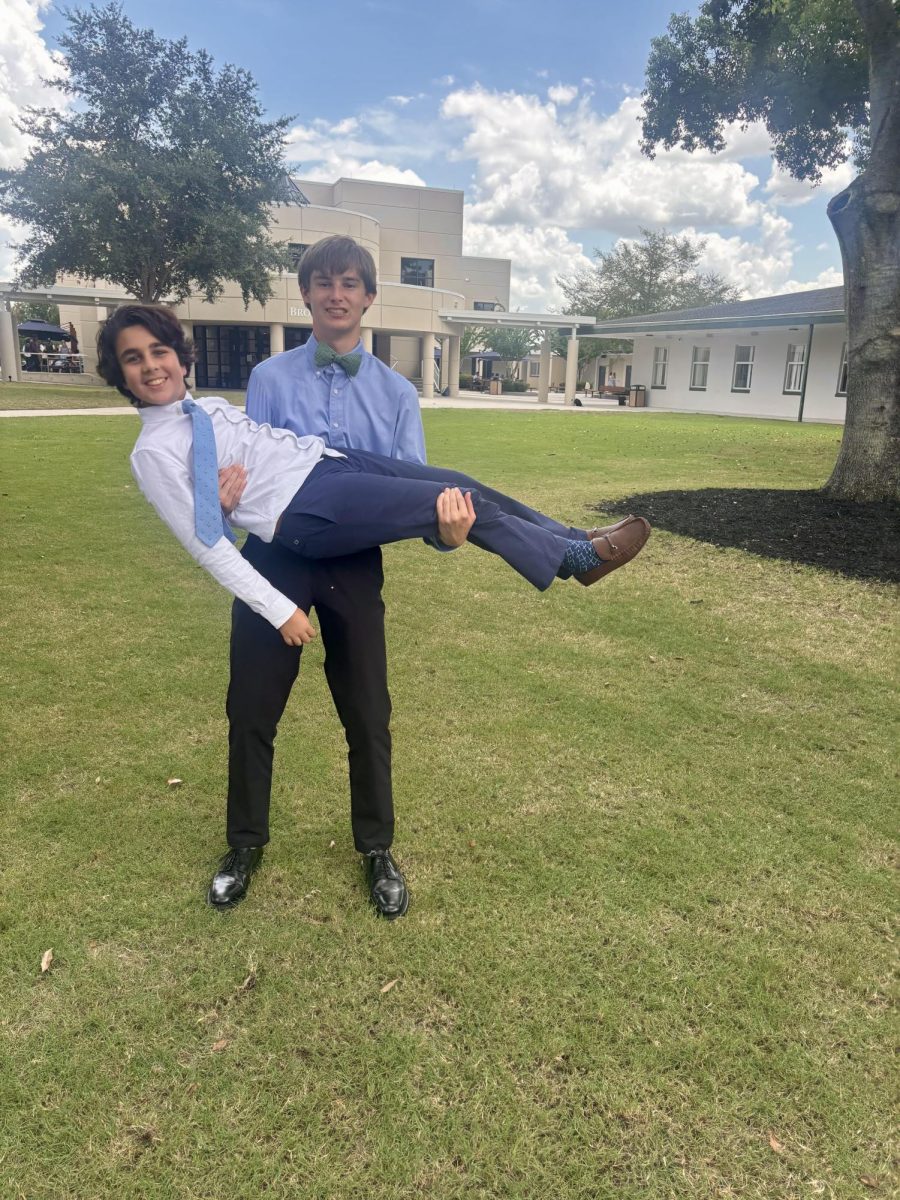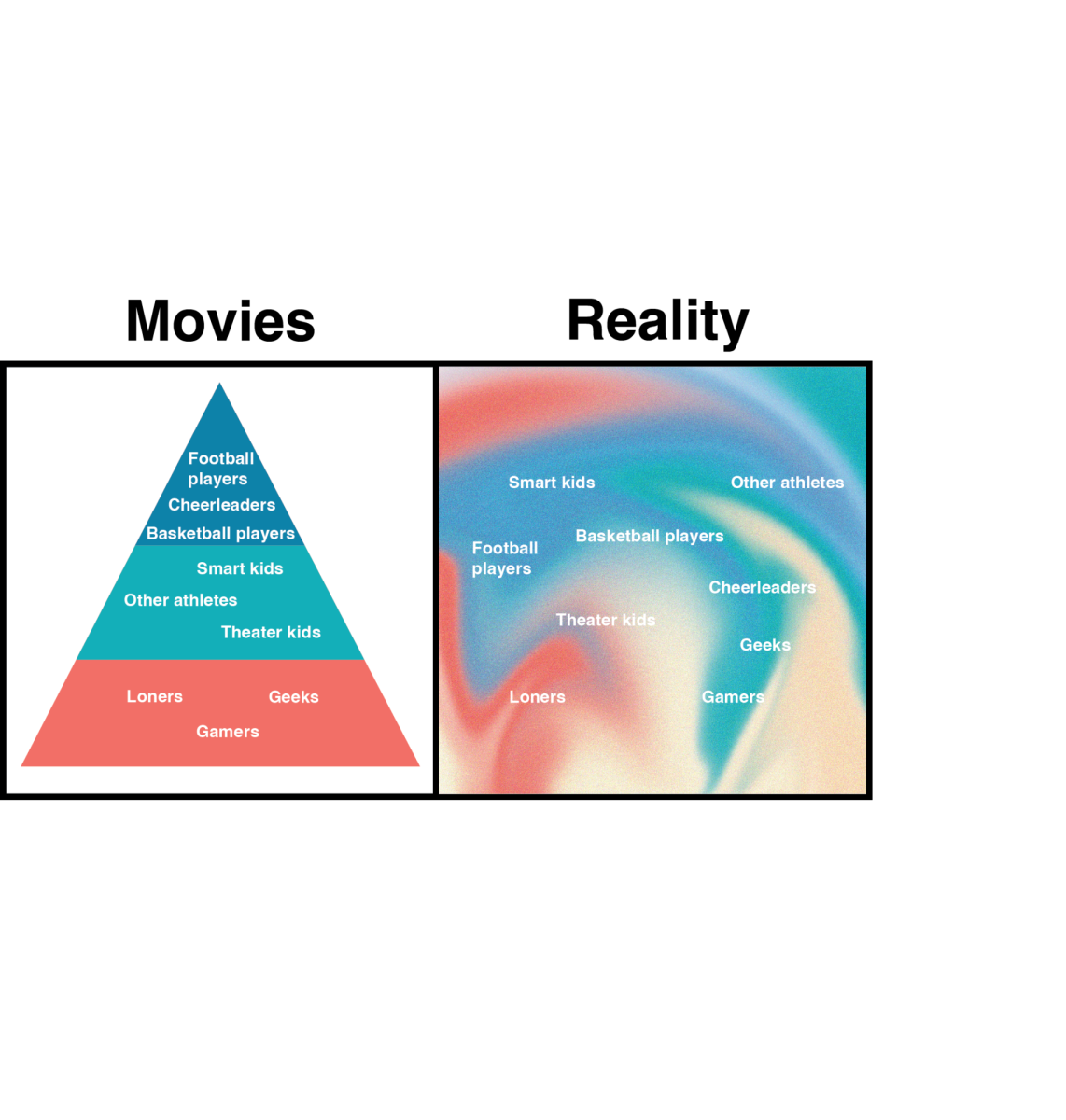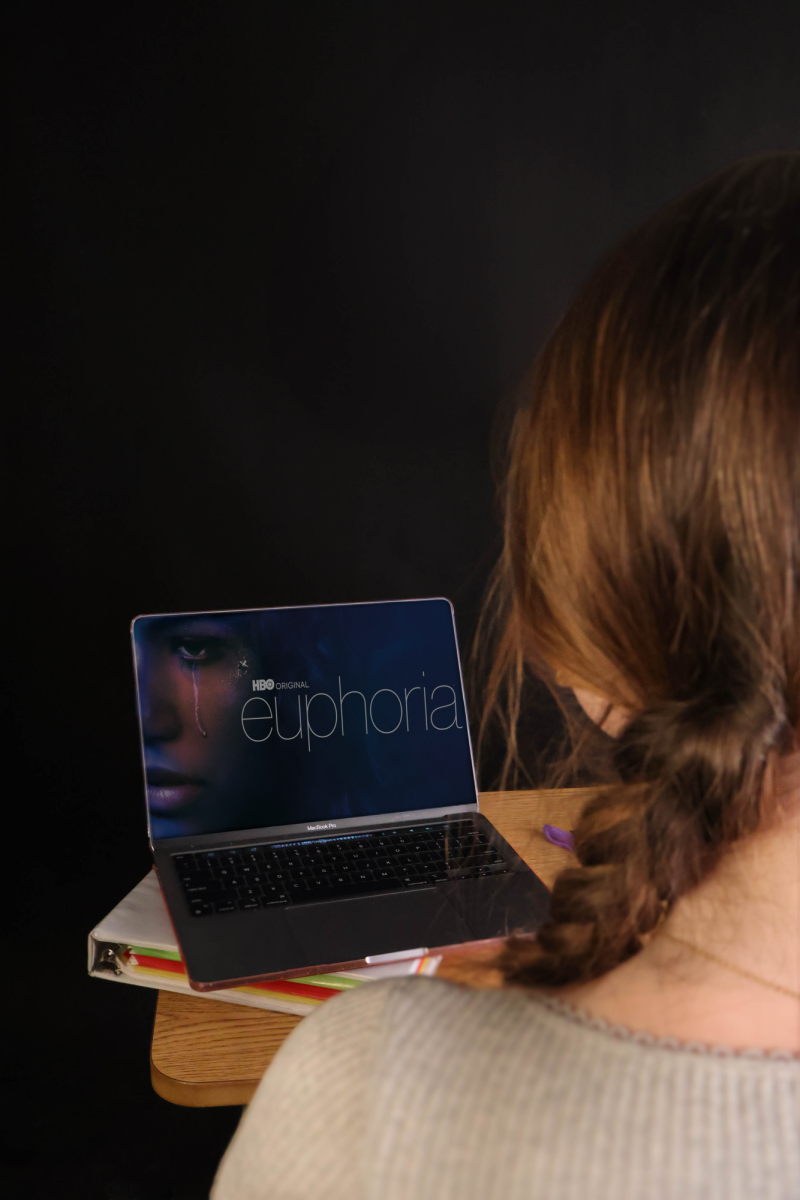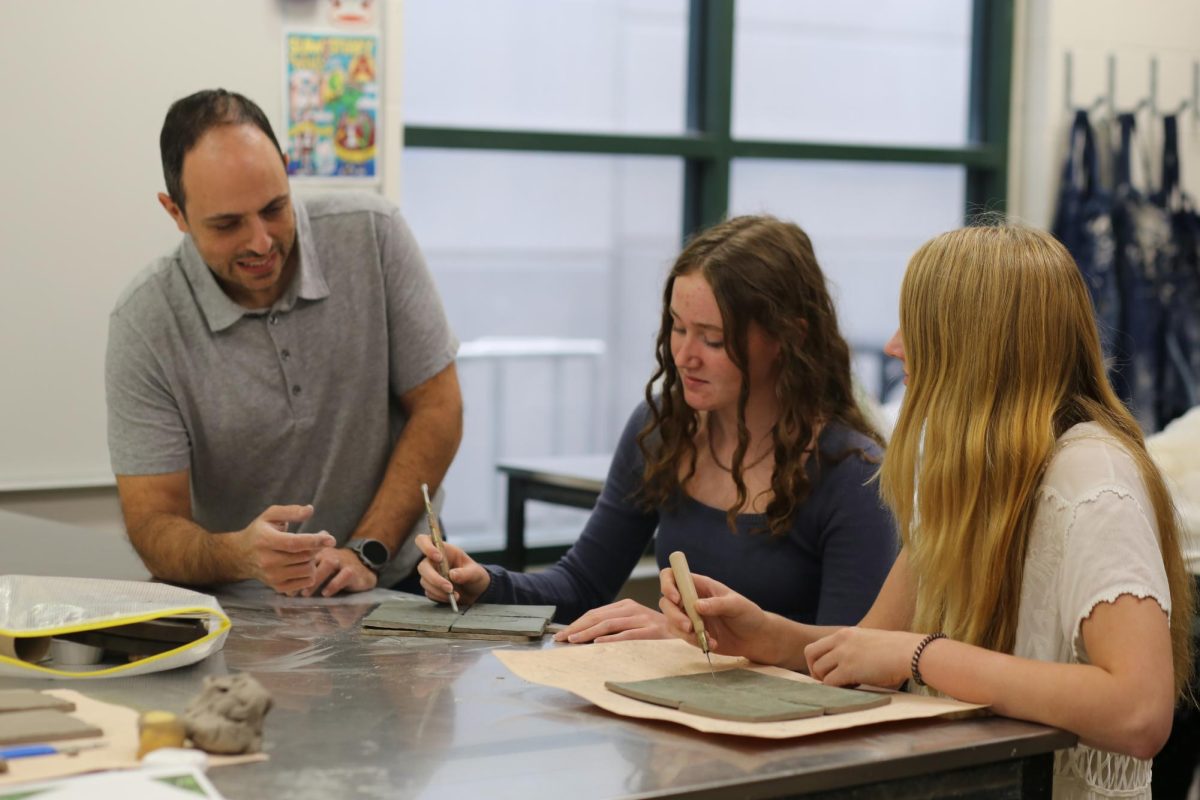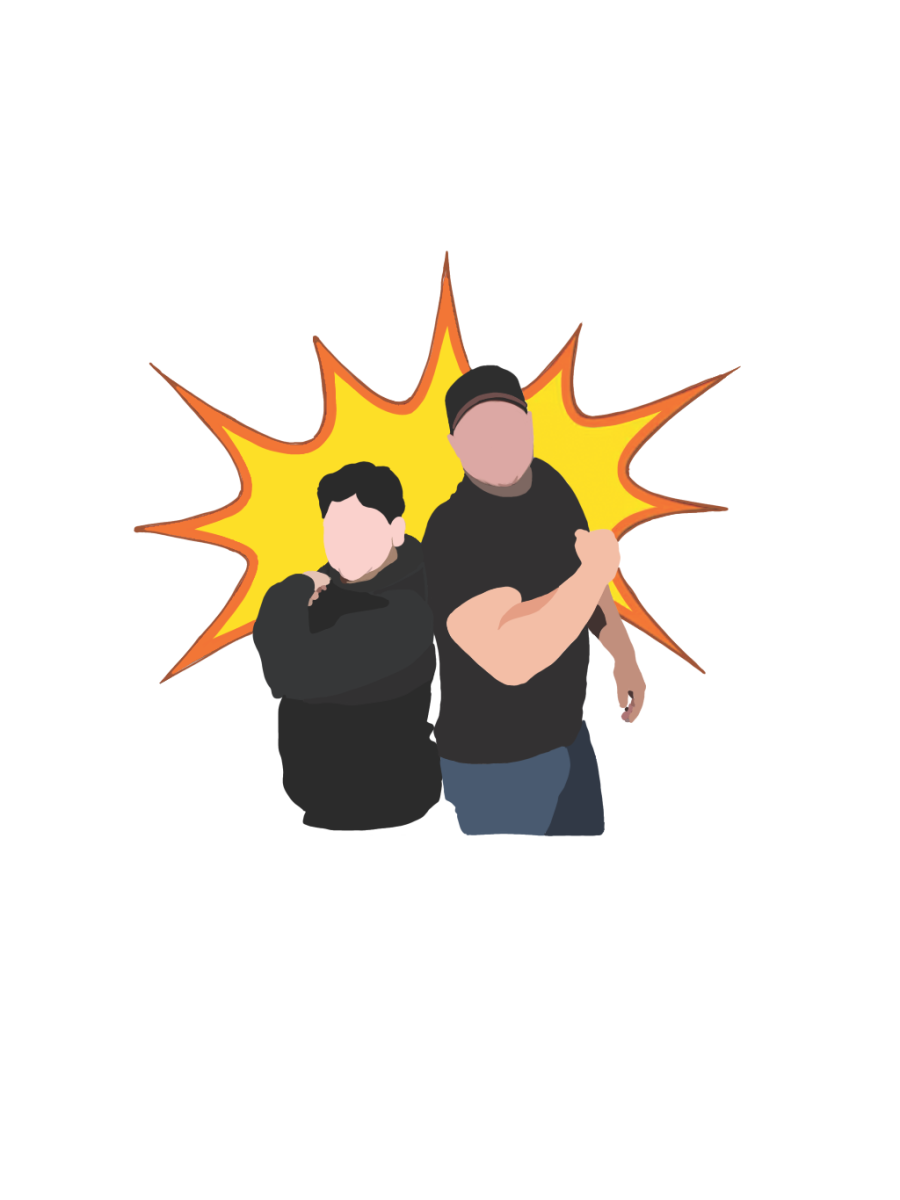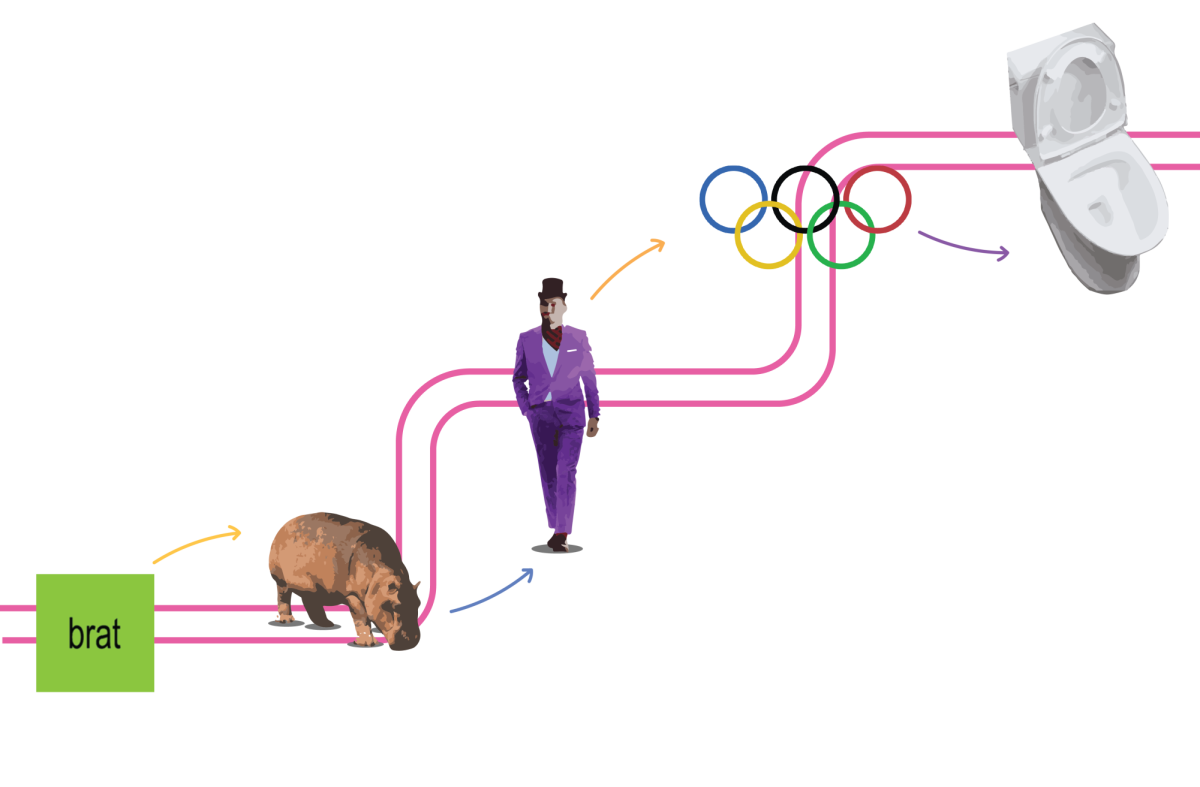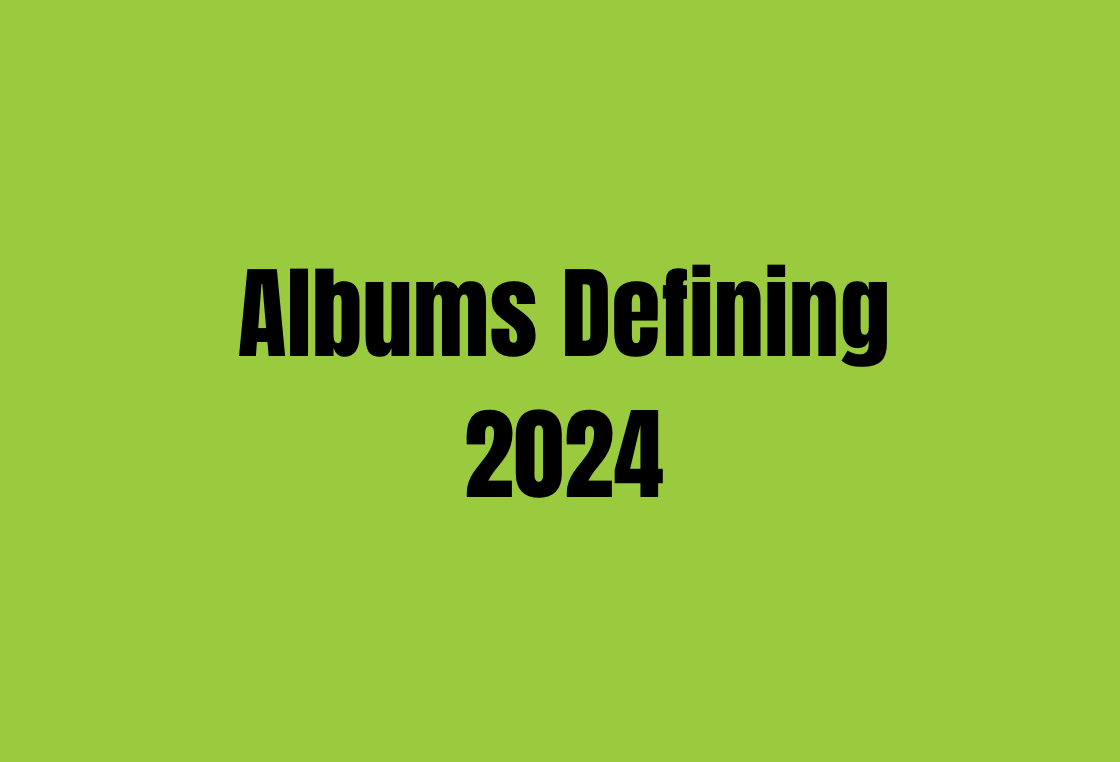Less than a month ago, Hurricane Michael made landfall, leaving behind a path of destruction from Florida to Virginia. Only a month before, Hurricane Florence devastated the Carolinas with massive flooding. Both of these storms left some families with little other than their lives.
Despite this destruction, people banded together to help others in need. In only a few days, charities such as American Red Cross, Global Giving and The Salvation Army quickly rallied to provide aid to those affected, while companies like Disney and Apple pledged to donate millions of dollars toward relief efforts. Even Airbnb is expanding its free temporary housing program in the wake of the storm.
The response to Hurricane Michael is only one case of the lens focused on national issues. When issues such as mass shootings, natural disasters and allegations of corruption arise, people are quick to send prayers and money to the unfortunate victims or protest either in person or on social media.
While it is great that people are staying informed about the problems facing our country and helping others, they often neglect to pay attention to issues that hit closer to home.
Just last year, approximately 15,000 students in Central Florida alone were homeless, and deaths associated with narcotics increased by 60 percent this year. Yet these issues fail to receive the same attention from students. Social Science teacher Tatiana McKinney, who teaches civics to eighth graders, witnessed this phenomenon and made curricular changes to fix it.
“We added [local news] as a unit last year because we noticed that kids were completely oblivious to who their representatives were, what’s actually happening in Florida and the amendments that are being passed,” McKinney said. “They don’t have a clue what’s going on. They can give you an idea of what’s happening globally, but they can’t tell us more centralized stuff and that’s really sad.”
One reason McKinney gives for this lack of awareness is that students think local issues are not as important. Instead, they choose to focus on the seemingly larger issues.
“A lot of times, especially when you’re young, you feel like [local issues] don’t impact you,” McKinney said. “You’re not as willing to go out and look for it. It seems that the majority of kids feel ‘If it’s not in my backyard or it’s not affecting my family or people that I know, then I don’t really want to worry about it.’”
The greater emphasis on national issues even influences the charities that people donate to, as well as the time and talent they choose to invest.
“When they were raising money for the hurricanes that were happening, I saw people give, but they weren’t giving to the local groups here that were trying to help and quickly get the aid there,” McKinney said. “I saw people giving to the larger organizations. I think that as a people, we want to help, and the grander scale seems bigger.”
To solve the problems that face the local community, McKinney thinks that raising awareness is really important.
“A lot of these bigger movements, whether it’s Black Lives Matter, All Lives Matter or March for Our Lives, they started from small community [organizations] that have grown out because people have pushed the agenda out to other people,” McKinney said.
Some of these organizations can be found on campus. PeaceJam is a club that specifically focuses on solving issues in the local community. In past years, they’ve used PeaceJam Week and other forms of outreach to raise awareness for problems such as homelessness and human trafficking. Senior and PeaceJam club co-president Setareh Gooshvar thinks that raising awareness is key to solving the problem.
“[With] things like human trafficking in Orlando or in Florida, people didn’t know that was happening,” Gooshvar said. “[After PeaceJam Week], people had it in their minds more freshly, and even if they don’t remember it this year, I do think it helped them initiate some things they might be doing now like joining PeaceJam or joining another community service club.”
McKinney encourages her students to use their voices and solve the problems they’re passionate about by voting.
“I think a lot of people have this idea that, ‘If I don’t like the two candidates, I shouldn’t vote,’ and I feel like that’s the biggest way that you can utilize your voice and impact change besides running for office,” McKinney said. “A 19-year-old kid named Kalan Haywood ran for office and won, and he’s going to be the youngest lawmaker in Wisconsin.”
Even if not everyone plans to run for office, helping solve the problems that face the local community is easier than it seems.
“It can be as easy as just giving funds to the companies who are already helping,” Gooshvar said.
About two years ago, the eighth grade social science teachers added the 20Time Project to the Civics curriculum, encouraging students to utilize creativity, pursue a passion and create a product to solve a problem. Even though the 20Time project is still in its infancy, McKinney has already seen how students’ projects are pulling the issues of the local community directly into the classroom. For example, just last year, Lauren Carlson, a current freshman, raised $5,000 to help fight Parkinson’s disease.
“Those wins tell us that we need to keep going and expand on it and provide more opportunities for kids to find their passions,” McKinney said. “And now, she just told me a couple weeks ago that this is something she’s gonna do again. Her 20Time is now something that’s a yearly thing at Trinity. And so this [project], even though it’s small, can impact the community to get involved and put their care and heart into the kids here who are trying to impact the world and change things in their community.”



